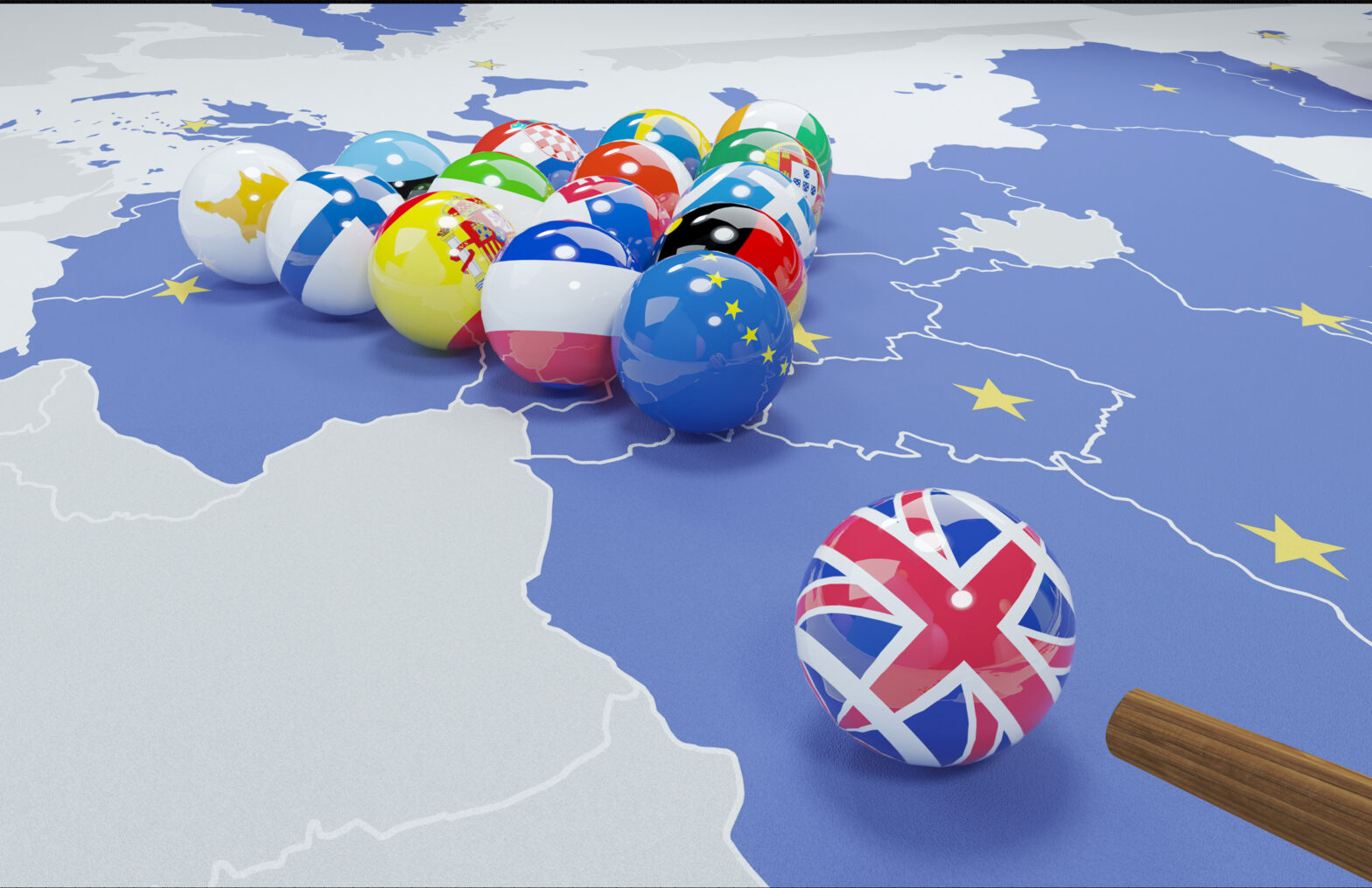The UK’s referendum result in June 2016, which will result in our leaving the EU, has triggered one of the biggest change programmes the country has seen in hundreds of years. The changes will be wide and deep and will certainly hit all of us in business today. Which way you voted no longer matters. We all need to be aware of the changes and work with them as they come.
While we don’t know the specifics of what those changes mean yet, there are some things we do know. One of them is that there will be uncertainty. This will affect our currency and result in rising prices and higher inflation.
Our vote to leave the EU has created many new considerations for business. We shouldn’t underestimate the number of factors involved.
They include changes that will unfold as we break away from the EU and the evolving state of our economy. The fall in sterling since June 2016 has had an impact on the UK’s economy which, while yet to hit consumer spending power, is expected to filter through to higher prices during 2017. That’s why we anticipate higher prices and their direct consequence – rising inflation.
Brexit considerations
As the value of the pound falls, the price we pay for fuel increases. This will affect your business if you:
- import your products or services and then sell or supply them to customers in the UK
- buy your products or services from a UK supplier who buys, for example, from a wholesaler or supplier outside the UK
- have your purchases delivered to you
- pay a delivery company to deliver your goods
- travel often to visit customers and suppliers
- operate machinery and/or equipment
- operate from business premises
- have employees who commute to work and incur higher travel costs.
You’ll also see costs increase if you:
- use online software and cloud computing solutions provided by the big IT companies such as Microsoft and Amazon
- seek foreign investment
- employ foreign workers.
Rising inflation, meanwhile, will affect you if:
- you purchase items, such as cars, food and beverages for the benefit of your employees
- your customers have less money to spend on luxury items or services
- your customers shop around for more competitive pricing
- your customers are unable to pay your invoices in a timely manner
- you lose customers
- you bought products in bulk when prices were cheaper, potentially impacting your business’s cash flow
Brexit and the positives
We looked at the less positive scenarios above, so now let’s look at few of the positives. While they’re fewer in number, they are still worth considering when you review your business strategy.
Businesses that stand to benefit from Brexit include those that:
- export products or services
- sell UK property to foreign buyers
- are UK-based holiday companies that sell foreign holidays
- have shareholders.
Brexit opportunities
As with all changes, there are winners and losers. Brexit indeed brings opportunities to businesses that reconsider their business strategy and their approach to a new independent UK. This may mean reviewing their pricing, products and/or services and competitors so they can take, or retain, the lead and competitive edge. This also presents an opportunity for existing businesses to move the next level of their journey and creates opportunities for people looking to start a business.
Ways to minimise exposure to higher fuel costs and increased prices of imported products and services include:
- manufacturing products in the UK that are currently imported from outside the UK
- growing produce in the UK to replace produce currently imported into the UK
- retraining employees to provide services currently provided by companies outside the UK
- moving to new technologies such as electric vehicles
- defining training programmes for home grown employees
- considering people previously overlooked for employment opportunities
- buying British where possible.
The UK could take one of five directions over the next two years. It’s even possible that we’ll have no trade agreements in place at the end of the negotiations. This gives businesses a maximum of two years to seek out opportunities and transform themselves. If customs and trade tariffs add to the cost of imported goods, British-made goods and products will become more competitive and attractive.
Having listened to experts over the last six months, the general conclusion is that, while Brexit will put the UK will be in a much better place, it could take up to ten years to get there.
Along the way, changes to trade, policy, legislation, regulations and taxation will affect all businesses.
Therefore, we need to be smart and ahead in our thinking and drive our businesses forward through insight and foresight.
Weenie Business Solutions is setting up a Brexit Opportunities Centre that will provide information on opportunities to businesses and entrepreneurs while developing connections with specialists and funding partners.
Amelia Bishop is founder of Weenie Business Solutions.





